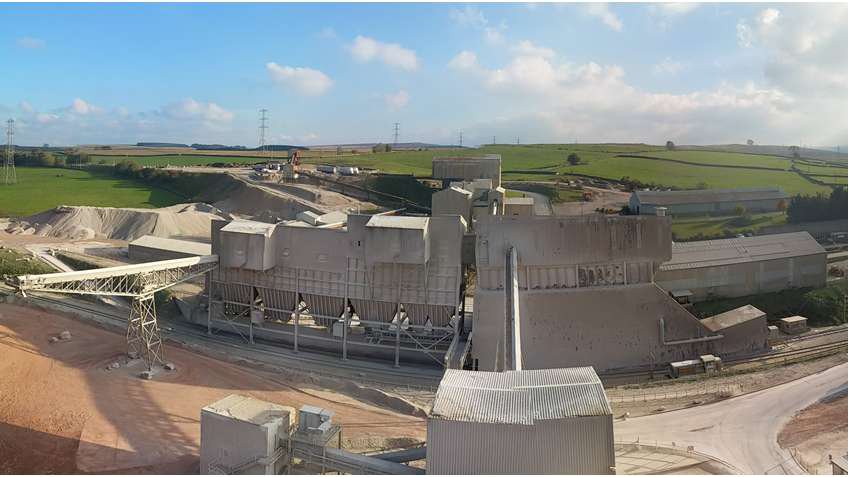After a rigorous vetting process, it opted for a Rockwell Automation based solution designed and delivered by InControl Systems Ltd., a company that has been providing turnkey solutions for process control, automation and information systems for over 14 years.
Tata Steel chose InControl’s solution for a number of reasons, one was the cost competitiveness, coupled with greater flexibility and easier connectivity offered by the Rockwell Automation solution, and another was because of InControl’s ability to undertake changeovers in incredibly tight windows of opportunity.
The project entailed the complete replacement of the legacy controllers and SCADA system with a modern solution based on dual redundant Allen-Bradley® ControlLogix® programmable automation controllers (PAC).
These would be working in conjunction with FactoryTalk® View Site Edition (SE) SCADA, FactoryTalk® Historian and FactoryTalk® VantagePoint®; with primary data pathways to over 5,000 Allen-Bradley POINT™ I/O nodes, other plant IT systems and remote support gateways being provided by an EtherNet/IP™ network.
Challenge
As well as transferring the control solution over to the new platform, the primary challenge faced was the limited timescale in which it could achieve a successful changeover.
This timescale was governed by how long the kilns could be switched off before the refractory lining began to degrade – in this case less than 16 hours.
Any longer and the bill for repair could run into many thousands of pounds.
The alarm system also had to be addressed, with the creation of a solution guided by EEMUA-191 that could prioritise the alarms and then notify the operators in the most effective way.
In addition, the operators needed a way to manage the alarms so that they could be postponed in order to cater for the variations in production ‘foibles’ – due to the variable mechanics of the raw materials – and their subsequent self-remedy.
Solution
Prior to the installation of the new contemporary system a fully simulated environment was built and run within the ControlLogix PAC, which mimicked the way the kilns worked, simulating the process conditions off line.
PlantPAx process control system faceplates were also used modified to meet the Tata Steel standards.
“We then gave this to Tata Steel,” explains Jan Hemper, Technical Director at InControl, “to let its engineers run and test the new solution and deliberately create faults to see how it handled the alarms.
Their feedback then allowed us to fine tune and refine the control system before we put it anywhere near the kilns.
“This virtual testing using VMware-compliant Rockwell Automation software allows us to do an incredible amount of off-line testing,” Jan continues, “but using real-life parameters.”
Virtual testing is much easier and a lot faster than on-site testing and delivers greater peace of mind to the customer.
In addition to the refinement, the virtual environment also proved ideal for training, so the engineers at Tata Steel were already up to speed before the hardware was rolled out.
The virtual environment is highly flexible when it comes to managing issues, too.
InControl could simply delete virtual machines, reimport their templates and then reinstall the Allen-Bradley products back on to the server.

